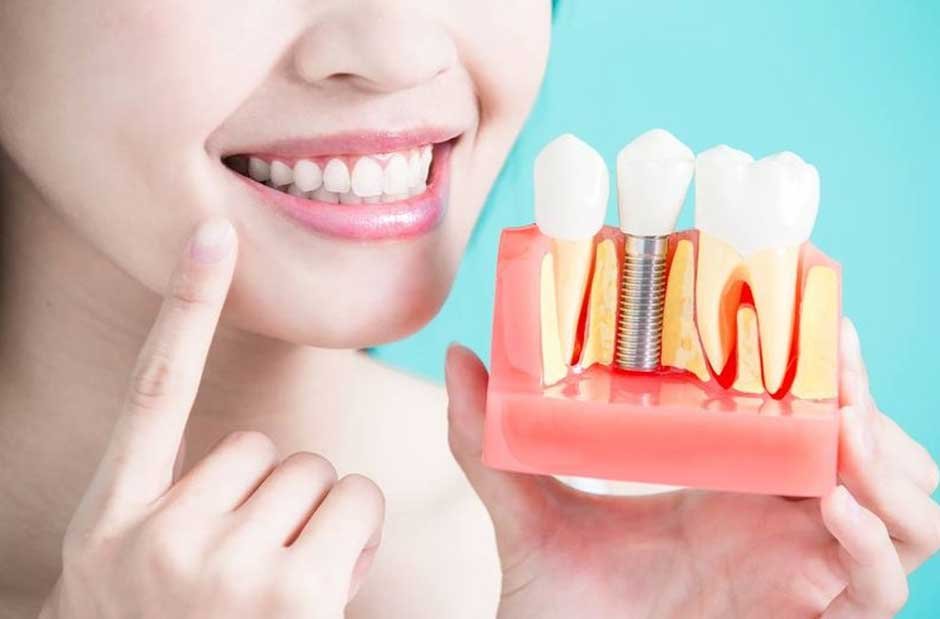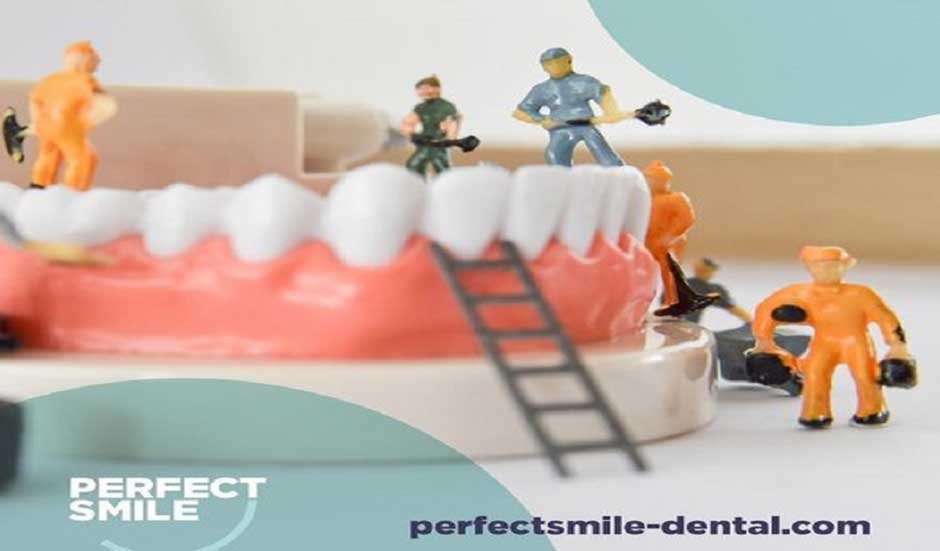Are you considering getting dental implant surgery? Although dental implants can be an excellent solution for missing teeth, it’s crucial to acknowledge the possible issues arising after the procedure. From infection to implant failure, there are several issues that you may encounter during the recovery process.
In this article, we’ll explore seven common problems you can face after dental implant London and provide tips on preventing and treating them.
Problems That May Arise Following Dental Implant Surgery
After undergoing dental implant surgery, there are several potential issues that you may encounter.
| Overview of Common Post-Surgery Problems | ||
| Problem | Symptoms | Treatment |
| Pain and discomfort | Mild to moderate pain and sensitivity at the implant site | Over-the-counter pain relievers, prescription medication, ice packs, rest |
| Swelling and bruising | Redness, swelling, and bruising around the implant area | Ice packs, anti-inflammatory medication, keeping the head elevated, rest |
| Nerve damage | Tingling, numbness, pain, and loss of sensation in the affected area | May resolve on its own, further evaluation by the dentist or oral surgeon, possible treatment |
| Infection | Pain, redness, swelling, pus, fever, bad breath | Antibiotics, proper oral hygiene, follow-up care with the dentist or oral surgeon |
| Implant Failure | Loose implant, pain, inflammation, bone loss around the implant | Removal of the implant, additional procedures or treatments, possible replacement |
| Damage to surrounding teeth and gums | Pain, sensitivity, inflammation, or bleeding around the affected area | Proper aftercare, follow-up visits to the dentist, possible additional treatments |
| Sinus complications | Pain, swelling, congestion in the sinus area, sinusitis-like symptoms | Antibiotics, decongestants, possible further evaluation and treatment by the dentist or oral surgeon |
1. Pain and Discomfort
After dental implant surgery, it’s common to experience pain and swelling for several days. The discomfort and pain level can depend on your pain tolerance, the extent of the surgery, and the type of anaesthesia used. Your dentist or oral surgeon can prescribe medication to help manage the discomfort. However, with proper care, the discomfort should subside within a week or two.
2. Swelling and Bruising
Swelling and bruising are common after dental implant surgery due to gums and bone tissue trauma. The extent of swelling and bruising depends on the surgery’s complexity, required tissue manipulation, and your response.
To manage swelling and discomfort, your dentist or oral surgeon may suggest using ice packs or prescribing anti-inflammatory medication. Although swelling and bruising can be uncomfortable, they usually resolve within a week or two after the surgery.
3. Nerve Damage
The procedure involves working around the nerves in your jaw, which can sometimes be damaged during the surgery. Nerve damage can cause tingling, numbness, pain, or loss of sensation in the affected area. Several factors can contribute to nerve damage, including implant placement and surgery complexity.
Choosing a skilled and experienced dentist or oral surgeon to reduce the risk of nerve damage and ensure a successful outcome, like those at Perfect Smile, to perform your implant surgery. By trusting your care to experts, you can minimise potential complications and enjoy a smooth recovery.
4. Infection
Infection is a possible problem that you might encounter after dental implant surgery. The implant creates an opening in your gum tissue, making it vulnerable to bacteria that can cause an infection. Symptoms of infection include:
- Redness
- Swelling
- Warmth
- Pain around the implant site
- Fever
- Chills
- Fatigue
- Implant becoming loose
Maintaining good oral hygiene before and after the surgery is crucial to prevent infection. Also, it is important to seek an expert for restorative and implant dentistry to avoid such problems.
5. Implant Failure
Implant failure is a serious but rare problem you might experience after dental implant surgery. If you check out this dentist in Ballantyne NC, they’ll tell you that about 5 to 10 percent of implants fail. It happens when the implant doesn’t fuse properly with the surrounding bone tissue, causing instability, pain, and potential infection. Depending on the severity of implant failure, your dentist or oral surgeon may need to remove the implant and allow the area to heal before attempting to replace it.
6. Damage to Surrounding Teeth and Gums
The surgery involves inserting a foreign object into your jawbone, sometimes affecting the surrounding teeth and gums. During implant surgery, the dentist or oral surgeon may need to manipulate the surrounding tissues to make room for the implant, which can cause some trauma to the area.
Opting for a proficient and experienced dentist or oral surgeon is imperative when undergoing dental implant surgery in London. At Perfect Smile, we offer the services of highly skilled professionals who can perform this procedure with expertise.
7. Sinus Complications
Sinus complications are a possible problem that you may encounter after dental implant surgery, especially for upper jaw implants. During the surgery, the dentist or oral surgeon may manipulate the sinus membrane to make room for the implant, which can cause trauma to the area. To minimise the risk of sinus complications, your dentist or oral surgeon may recommend a sinus lift procedure before implant placement.

Pain Management Options after Dental Implant Surgery
After dental implant surgery, it’s normal to experience some discomfort and pain in the treated area. Fortunately, several pain management options are available to help alleviate these symptoms and promote healing.
| Pain Relief Method | Description | When to Use |
| Over-the-counter pain relievers | Non-prescription medication like ibuprofen or aspirin to manage mild pain | For mild to moderate pain after dental implant surgery, as advised by your dentist |
| Prescription pain medication | Stronger pain relievers prescribed by your dentist | For severe pain, as prescribed and directed by your dentist |
| Ice packs | Applying cold packs to the affected area to reduce swelling and numb pain | Immediately after the surgery and during the first 24-48 hours, as needed |
| Rest | Giving your body time to heal and recover by avoiding strenuous activities | For the first few days after surgery, as recommended by your dentist |
| Warm salt water rinses | Gently rinsing your mouth with warm saltwater to alleviate pain and promote healing | Starting 24 hours after surgery, several times a day, as advised by your dentist |
| Soft diet | Consuming soft foods that require minimal chewing to reduce strain on the implant area | For the first few days to a week after surgery, as recommended by your dentist |
Conclusion
Dental implant surgery is a transformative procedure that can restore your smile and improve oral health. However, like all surgeries, there are possible risks and complications. To maximise your chances of a successful outcome, you must be aware of potential issues and take steps to minimise their risk. Ensure you select a skilled and experienced dentist or oral surgeon for any of your dental treatment. Perfect smiles dental can help you with any query you may have regarding your surgery, contact us if you want to know full dental implant or single tooth implant cost.

